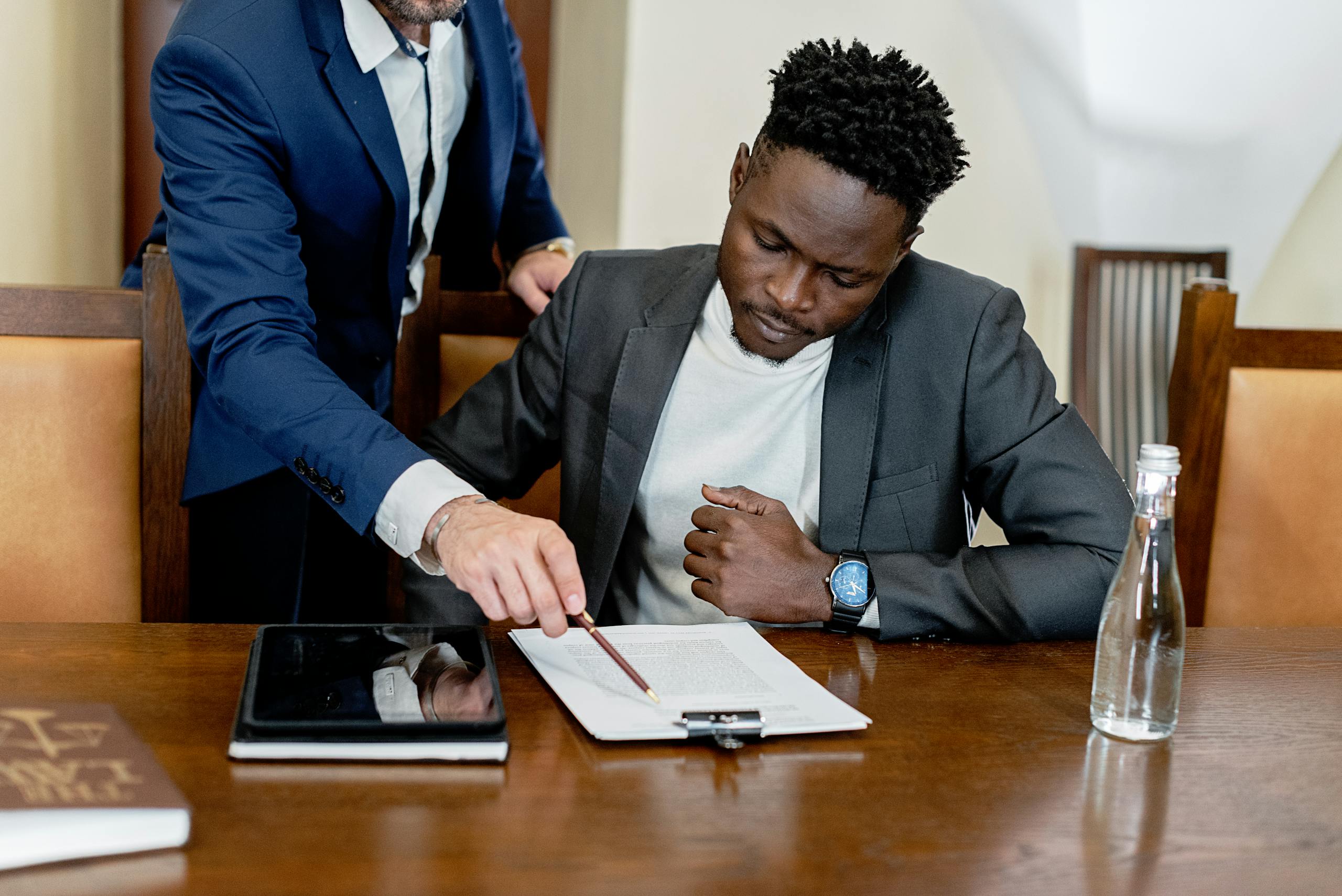If you’re meeting with a lawyer for the first time, it’s normal to feel unsure about what to expect—or what to bring. Whether you’re facing a criminal charge, civil lawsuit, family matter, or simply seeking legal advice, coming prepared helps your lawyer understand your situation faster and give you more accurate guidance.
This article will help you organize what to bring to your legal consultation, explain key terms you might hear, and show you how to interact with your legal team in a clear, professional way.
Why Your First Legal Consultation Matters
Your first meeting with a lawyer sets the tone for your case. It’s your opportunity to explain your situation, ask questions, and get legal advice. It’s also the lawyer’s chance to decide whether they can help you—and how much it might cost.
The more organized and honest you are, the more productive your consultation will be.
Documents to Bring to a Legal Consultation
1. Identification
Bring a government-issued photo ID. Lawyers need to verify who you are before discussing confidential matters.
2. Court Papers or Legal Documents
If your issue involves an ongoing or upcoming case, bring any legal documents you’ve received or submitted:
- Summons or complaints
- Court notices
- Subpoenas
- Motions or petitions
- Judgments or court orders
- Bail or bond paperwork
3. Contracts or Agreements (if applicable)
If your case involves a contract dispute, business issue, or family agreement, bring the full copy of any contracts, leases, or written agreements.
4. Correspondence
Gather any letters, emails, or texts exchanged with the other party, court, or opposing attorney. This helps establish timelines and tone.
5. Photos, Videos, or Screenshots
Visual evidence—such as pictures of injuries, property damage, or screenshots of social media posts—can be useful.
6. Financial Documents (if relevant)
For family, probate, or business matters, bring:
- Pay stubs
- Tax returns (last 2 years)
- Bank statements
- Loan documents or debts
7. List of Questions or Concerns
Write down what you want to ask. This ensures you cover all your concerns in the meeting.
8. Timeline of Events
Create a brief written summary of what happened and when. Include dates, locations, people involved, and key facts.
9. Witness Information
If others were involved or witnessed anything relevant, bring their names and contact info.
What to Expect During the Meeting
The consultation is confidential—even if you don’t end up hiring the lawyer. Be honest, even about details that feel uncomfortable. The attorney is there to help, not to judge.
They may:
- Ask you clarifying questions
- Review your documents
- Explain your rights or legal options
- Outline the next steps and possible costs
You should:
- Ask how they handle cases like yours
- Find out who will be working on your case
- Clarify communication preferences (email, phone, portal)
Key Legal Terms You Might Hear
- Retainer – An upfront payment to secure legal services
- Statute of limitations – The deadline for filing a legal action
- Discovery – The exchange of evidence between parties
- Jurisdiction – The court’s legal authority to hear your case
- Contingency fee – A payment structure where the lawyer only gets paid if you win or settle
How to Interact with Your Lawyer
Be Honest
Even facts that seem damaging or embarrassing are better shared up front. Surprises in court are worse.
Be Organized
Use folders, envelopes, or a binder to keep your documents neat and easy to review.
Be Respectful of Time
Arrive on time, turn off your phone, and avoid going off-topic.
Follow Up
Take notes and ask for a summary of the meeting if needed. If the lawyer requests more info, provide it promptly.
Tips if You’re Not Sure What to Bring
- Call the law office ahead of time and ask what to bring
- Bring everything you think might be helpful—even if you’re not sure
- If you only have digital copies, email them before the meeting or bring a USB drive
FAQ
1. Is the first consultation always free?
Not always. Some lawyers offer free consultations, especially for personal injury or criminal defense cases. Others charge a flat fee. Ask when scheduling.
2. Can I bring someone with me to the consultation?
Sometimes. But be aware that bringing a third party may waive attorney-client confidentiality. Ask the lawyer if it’s okay beforehand.
3. What if I don’t have all my paperwork yet?
Bring what you have. The lawyer can help you identify what’s missing and how to get it.
4. What should I wear?
Dress respectfully but comfortably—business casual is usually fine.
5. Will the lawyer take my case right away?
Not necessarily. They may need time to review your information or check for conflicts of interest. Use the meeting to understand your legal position and evaluate if the lawyer is the right fit.

Comments are closed